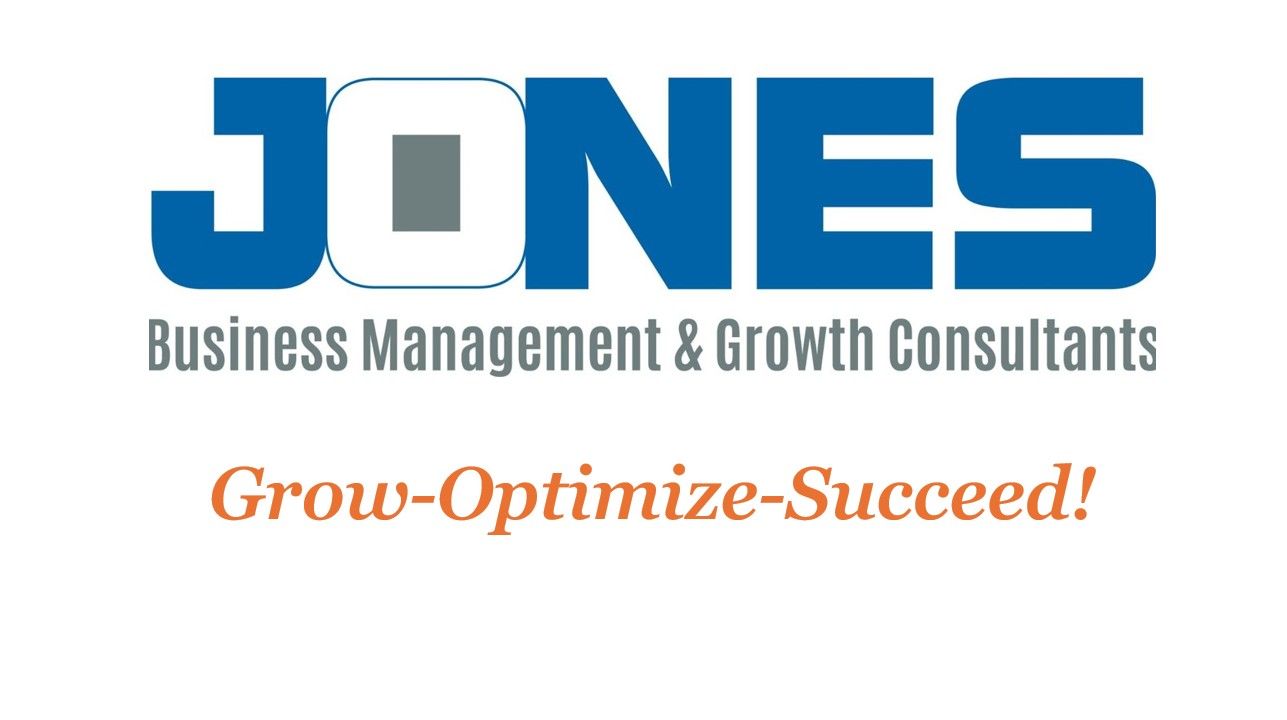The Pandemic's Business Lesson: The Importance of Asking "What If?"
How Toyota's Just in Time Strategy Showed the Value of Contingency Planning

There were a number of lessons we learned from the pandemic as it relates to business. Many of them fall under the category of "What to or not to do in the case of another pandemic." However, there was a lesson we could all carry into everyday business, and it is one we actually learned in school: "Don't copy other people's work." There's a twist though. In this case, copying was ok. Where the failure occurred was in not gaming out the work many companies were copying and asking, "OK, this is great, but what if......?"
Let's take the example of Toyota and their development of the Just in Time (JIT) manufacturing philosophy. JIT was a revolutionary approach that Toyota developed to streamline its production processes. The idea was simple yet powerful: produce only what is needed, when it is needed, and in the amount needed. This system drastically reduced waste, minimized inventory costs, and improved efficiency. From a logistical standpoint, it meant that Toyota could operate with less capital tied up in stock, reducing storage costs and minimizing the risk of overproduction. Financially, it allowed for a leaner operation with a quicker response to market demands.
Seeing Toyota's success, many other companies began to adopt the JIT system. They copied the model, hoping to replicate Toyota's efficiency and cost savings. However, many of these companies failed to fully understand the potential pitfalls of JIT. They implemented the system without considering the critical "What if" scenarios. What if there was a disruption in the supply chain? What if demand suddenly spiked or plummeted? What if a global crisis hit?
When the pandemic struck, these questions were no longer hypothetical. Many companies found themselves in dire straits as their finely-tuned JIT systems crumbled under the pressure of disrupted supply chains, unpredictable demand, and logistical chaos. They faced shortages, delays, and increased costs, exposing the vulnerability of a system that had not been thoroughly stress-tested.
Toyota, on the other hand, weathered the storm far better than many of its counterparts. They had anticipated potential weaknesses in the JIT approach and had contingency plans in place. Toyota's foresight included maintaining stronger relationships with suppliers, ensuring diversified sourcing, and keeping a strategic buffer of essential components. By asking "What if" and preparing for various scenarios, Toyota was able to adapt quickly and maintain stability during the crisis.
The lesson here is clear: innovation and efficiency are vital, but they must be tempered with thorough risk management and contingency planning. Copying successful strategies from industry leaders is not inherently wrong, but blindly copying without critical analysis and adaptation can lead to significant failures. Businesses must always ask, "What if?" and prepare for a range of outcomes to ensure resilience and sustainability.
As we move forward, I feel we should consider the importance of proactive planning and the value of questioning even the most successful strategies. By doing so, we can build businesses that are not only efficient but also resilient in the face of unforeseen challenges.
#BusinessLessons #PandemicInsights #ToyotaJIT #SupplyChainManagement #ContingencyPlanning #BusinessStrategy #JustInTime #RiskManagement #Innovation #BusinessResilience #OperationalEfficiency
















